Best men’s fragrances and colognes 2026: find your signature scent or a meaningful gift
Find the best men's fragrances, including classics from Hugo Boss, Tom Ford, Chanel and more

Spencer Hart
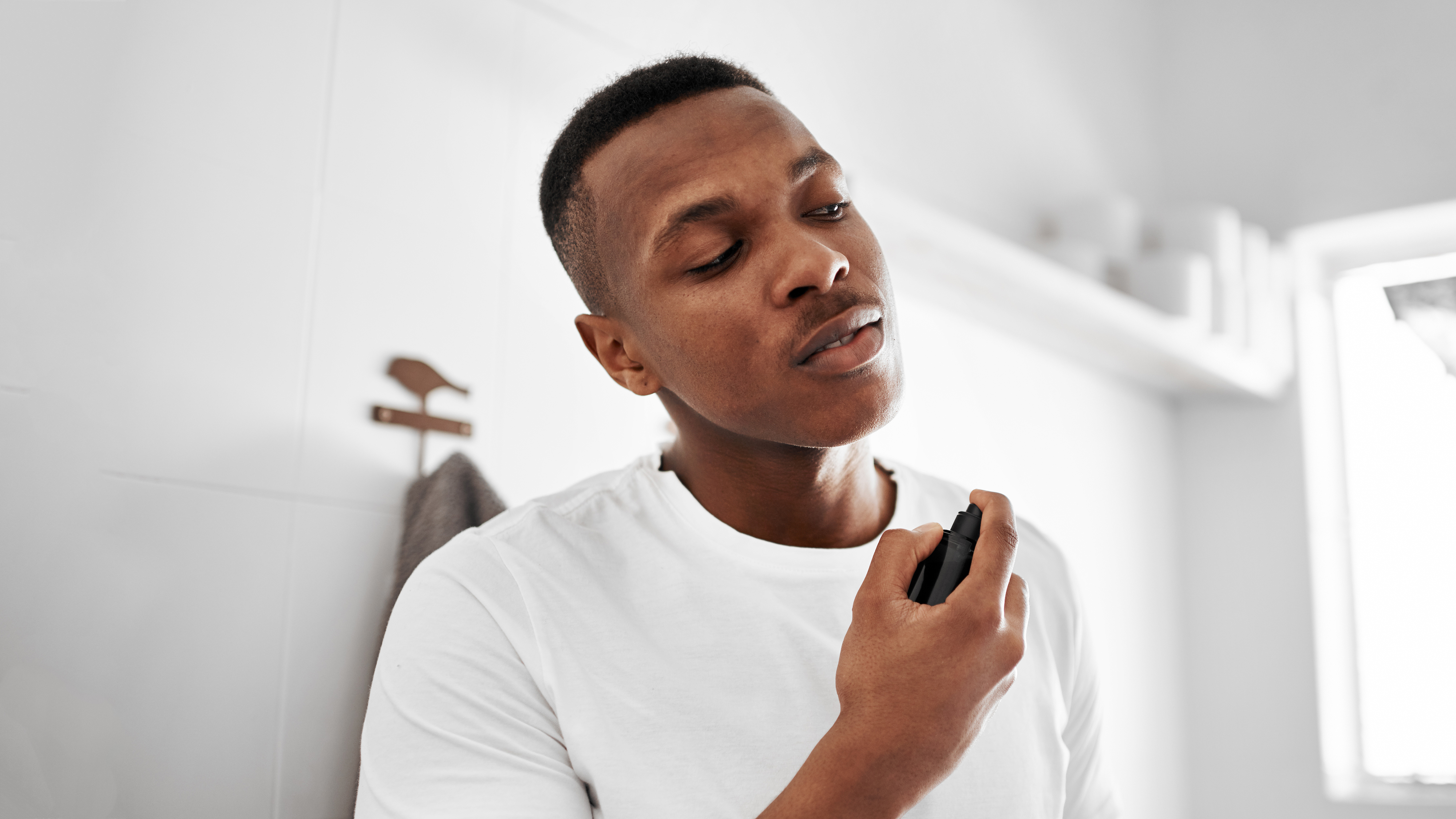
Get all the latest news, reviews, deals and buying guides on gorgeous tech, home and active products from the T3 experts
You are now subscribed
Your newsletter sign-up was successful
The best men's fragrances and colognes can make you feel put together on a big day, put you in a good mood, and even make people remember you, so finding the right one is extremely important.
With so many men's fragrances and colognes to choose from, it can be hard to narrow down what you like and what you're looking for, plus if you're looking for a gift for someone, it can be even harder. Are you a musk fan or do you prefer lighter scents? Are you fresh and floral or deep and amber? It's all down to personal preference so heading to your local fragrance stores to give the latest scents a whiff can be a huge help.
But if you prefer to shop online, finding the best fragrance can be a little difficult, as you can't smell it! But here, T3 has you covered with our list of the best men’s fragrances, for whether you’re looking for a delightfully scented gift for a loved one, or you're on the hunt for your own signature scent.
Looking for women's scents? Try our best women's fragrances and perfumes guide.
T3's Top 3
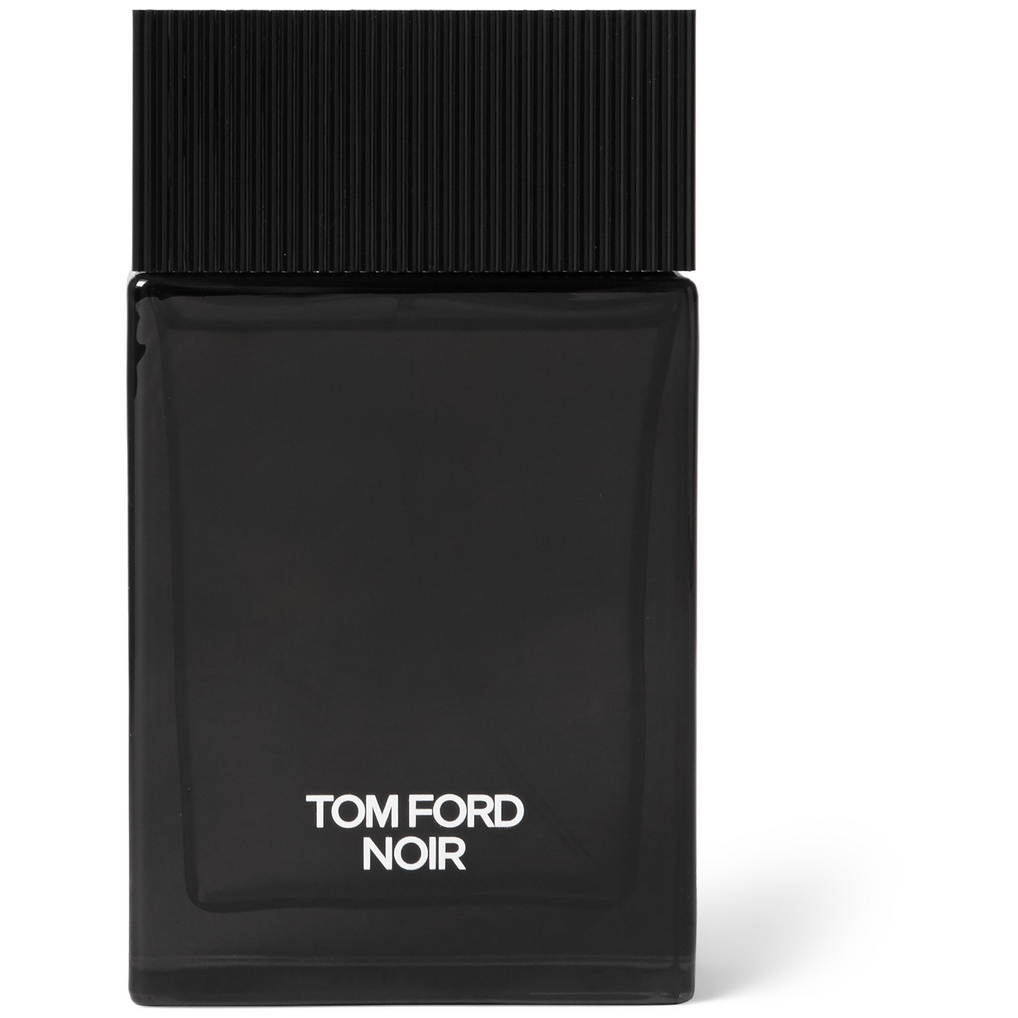
Best for: Sensual scent
Type: Eau de Parfum
Scent family: Amber Woody
+ Sophisticated
+ Long lasting
- Bottle doesn't stand out
Tom Ford Noir is the fourth signature fragrance launched by the American designer. He describes Noir as his most personal fragrance yet, designed for an “urbane sophisticate who the world gets to see and the intriguingly sensuous, private man they don’t”. We love the subtle yet distinctive fragrance packs warm notes of Italian Bergamot, Black Pepper and Patchouli, which are balanced with warm Vanilla, Amber and Nutmeg.
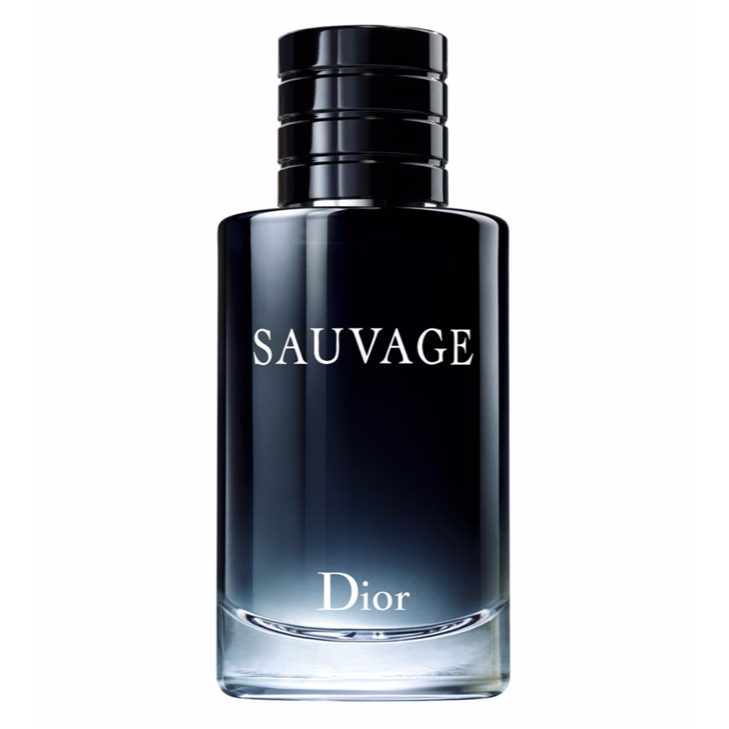
Best for: Evening
Type: Eau de Toilette
Scent family: Aromatic Fougere
+ Modern classic
+ Interesting mix of notes
- Loved by many so not unique if you want to standout
Dior Sauvage has been designed to offer fresh top notes of bergamot as the dominant force; but as this distinctive scent begins to dry down on the skin, we found a subtle masculine, woody note left in its wake. Like its poster boy Johnny Depp, Sauvage is an intriguing mix of rugged manliness (vetiver, pepper, patchouli) and borderline feminine refinement (lavender, geranium) that’s hard to pin down, but there's no end of wearers complimenting its wondrous fusion of scents. A great fragrance to opt for if you are looking for an evening scent.
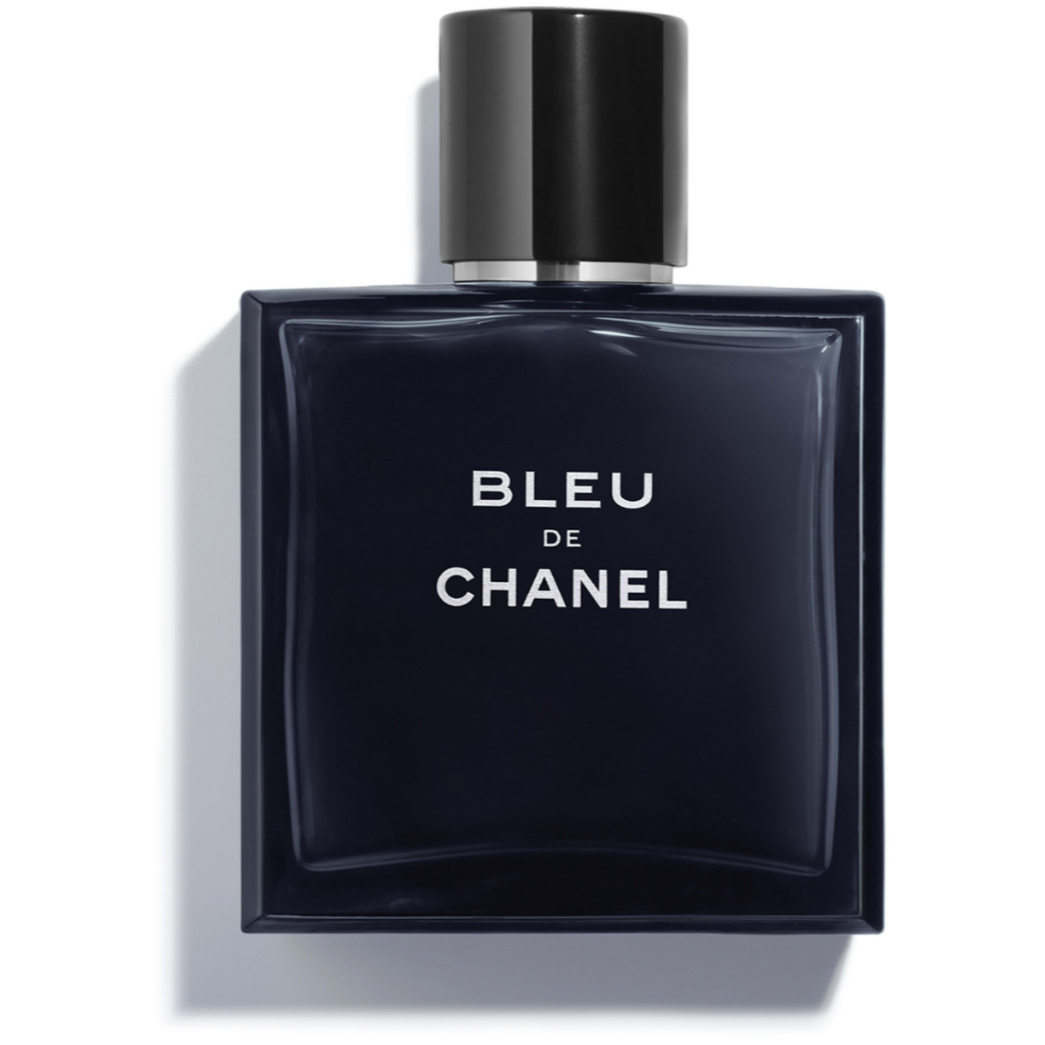
Best for: All seasons
Type: Eau de Toilette
Scent family: Woody Aromatic
+ Great brand
+ Classy bottle
- Could be stronger
Much like the iconic clothes Coco Chanel began designing almost a century ago, Chanel Men's fragrances are sophisticated and timeless. What's unique about this fragrance is that it combines aromatic-woody scents with the invigorating freshness of citrus. That makes it suitable for wearing in winter or summer months, which we really appreciate. The Eau de Toilette is designed to give you "untouchable confidence" and is sure to get plenty of compliments.

Beth is Home Editor for T3, covering style, living and wellness. Recently, Beth has become incredibly interested in fragrances, from the different fragrance families and what scents are best suited to daytime, evening, the office and seasonally. She has the best recommendations for both men and women, so if you're after a new cologne, Beth's the one to trust.
We've updated our best men's fragrances guide with a new layout, so you can find our top picks quicker, and updated links.
Best men's fragrances 2026 ranking
Best Woody Fragrances for Men
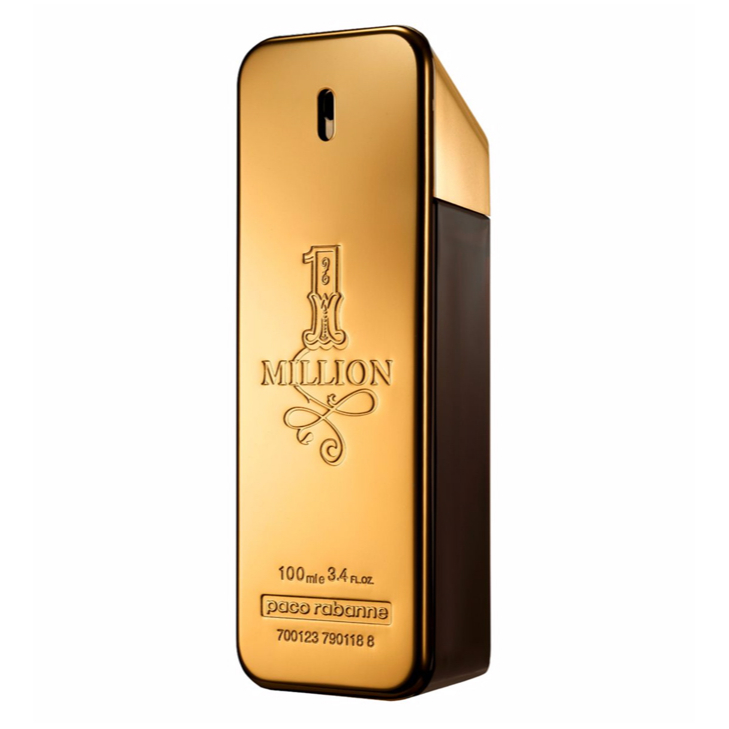
Best for: Winter
Type: Eau de Toilette
Scent family: Woody Spicy
+ Masculine scent
+ Ideal for clubbing
- Gaudy bottle
If you’re a gent (or you know a gent) who likes to rotate his fragrance wardrobe depending on the season, we think this warming, spicy fragrance is just the thing for when the nights draw in. It's inspired by warming autumnal scents, Paco Rabanne has created a scent which starts with fresh grapefruit, mandarin and peppermint, but soon evolves into rich rose absolute, cinnamon bark and musk, with an ultra-masculine leather base. Overall, this is a spicy fragrance so citrus lovers, avoid.

Best for: Fresh
Type: Eau de Toilette
Scent family: Woody Spicy
+ Classic bottle
+ Develops throughout day
- A little simple
Boss Bottled evokes the classic values of the successful, classic Hugo Boss man. The simple and clean lines of the bottle are stylish, and masculine, just like Hugo Boss tailoring. The fragrance contains fresh top notes including both apple and citrus fruits. In the heart of the fragrance lie the sweeter and warmer notes of geranium, cinnamon and cloves. At the smouldering base lie the notes of dry spicy scents of sandalwood, vetiver, cedarwood, olivewood, amber and musk create a distinctly masculine dry down. We're big fans of how this scent unfolds hour by hour – always taking on a different quality.
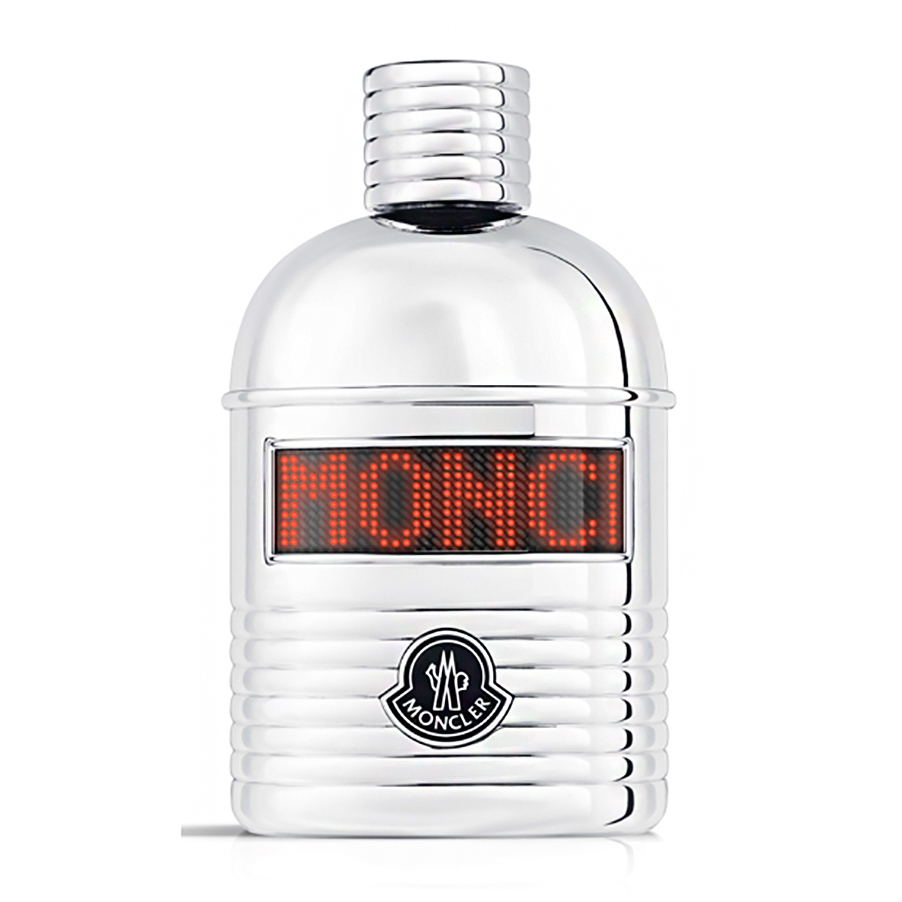
Best for: Bottle design
Type: Eau de Parfum
Scent family: Woody Aromatic
+ Great gift
+ Long lasting
- Large bottle that's hard to travel with
Moncler Pour Homme captures the vibrant natural beauty of an alpine forest, with an unprecedented saturation of woody notes. Starting with the exclusive alpine green accord combined with the energising freshness of clary sage, lifts the fragrance through a leafy expanse of mountain pines. Warming directly through an overdose of Cedarwood, the Mountain Woods accord takes ultimate precedence in this bold scent, forming a cocooning, earthy dry-down of grand proportions when fused with the smoky magnetism of Vetiver. The fragrance is housed in a flask-shaped bottle, a nod to the brand's mountaineering roots, and features a digital screen you can personalise with your own message. This, we think, makes it a perfect gift.
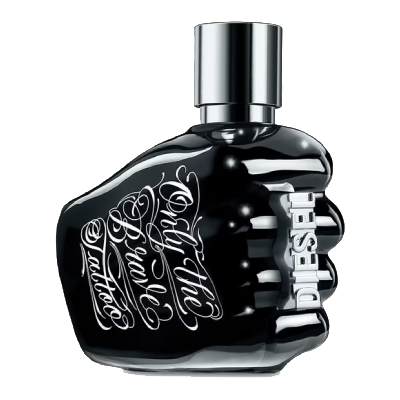
Best for: Strength
Type: Eau de Toilette
Scent family: Woody Spicy
+ Distinctive
+ Long lasting
- Ugly bottle
- Too sweet for some
This bold fragrance promises to be pure fruit on the nose, coming in straight away with a hit of zesty-sweet apple and mandarin before mellowing to a sage and bourbon pepper middle. Finally, there’s a distinctive patchouli and tobacco base, which adds a dark and dangerous note to an otherwise uncomplicated fragrance. Those in search of a refined classic would be better off looking elsewhere, but for the brave (see what we did there?) it appears to be a real standout scent – strong, long-lasting, and good value for money. An ideal gift for younger guys.
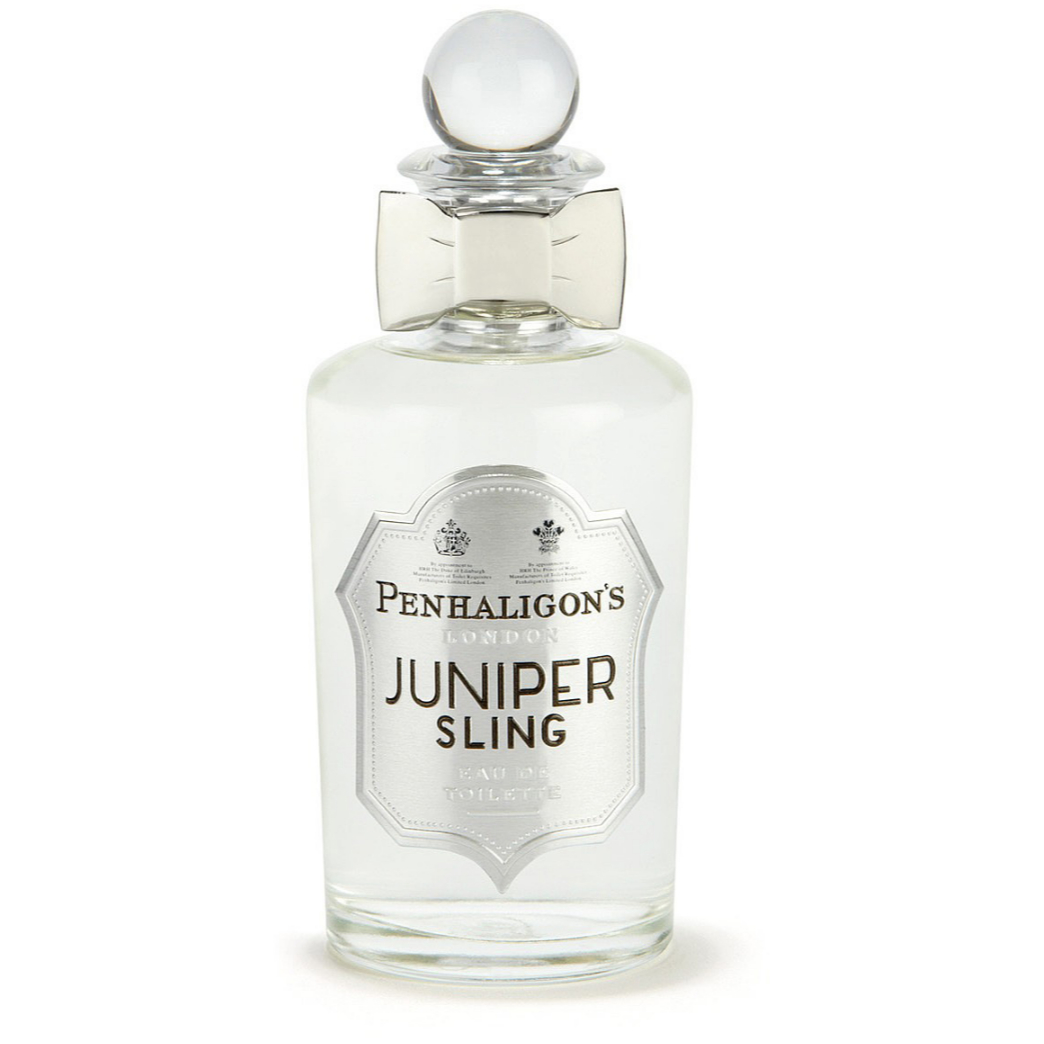
Best for: '20s glamour
Type: Eau de Toilette
Scent family: Woody Spicy
+ Complex
+ Fun
- Need liberal application
Penhaligon's Juniper Sling pays tribute to the indulgence and forbidden delights of London in the roaring 1920s. The fragrance is inspired by the most iconic and atmospheric spirits – dry gin – and has been created by master perfumer Mr Olivier Cresp. The perfume is made with gin berry juniper freshness mixed with measures of angelica and brandy and develops into a heart of black pepper, cardamom, leather and orris. It has a warming base of brown sugar, black cherry and amber. We think it's ideal for Christmas parties, but also works all year round.
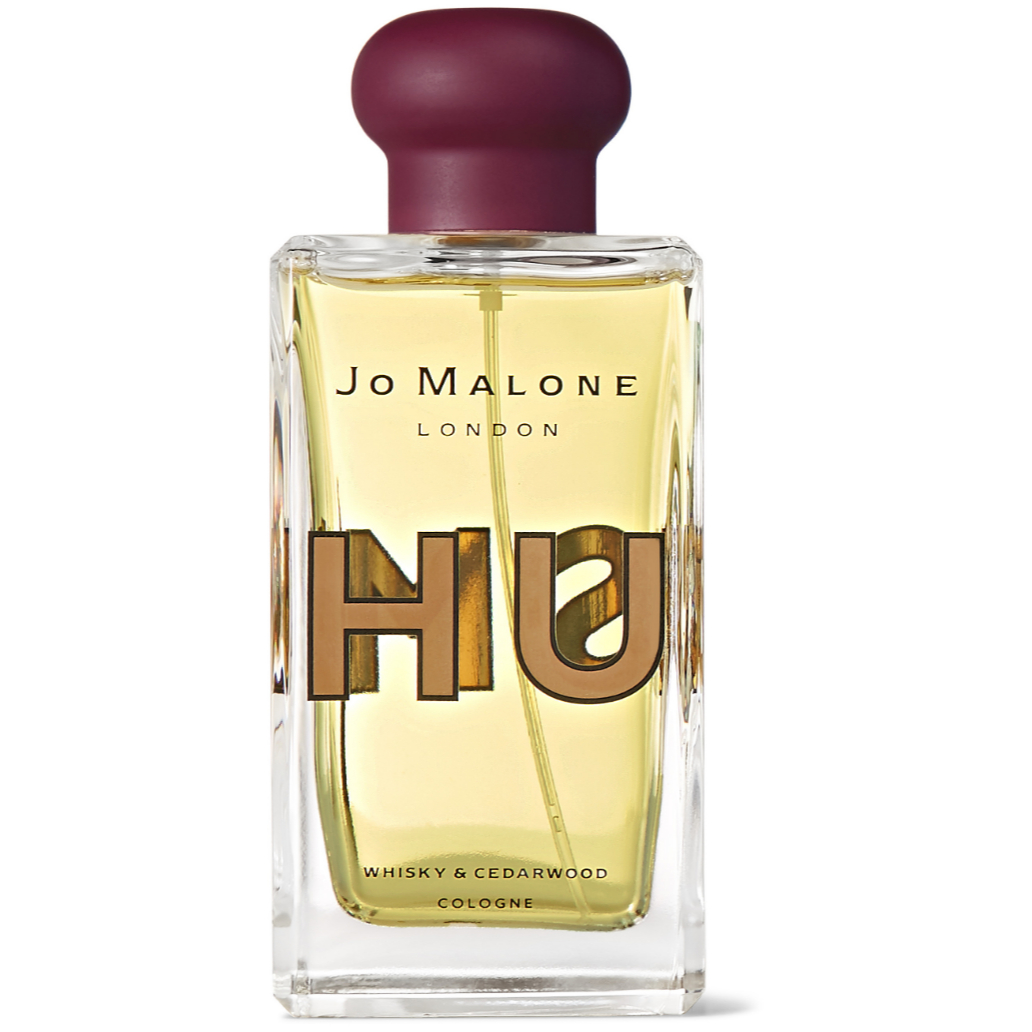
Best for: Winter
Type: Cologne
Scent family: Spicy Woody
+ Mature
+ Easy to mix
- A little heavy
Part of a collaboration with Huntsman, Savile Row, Jo Malone London's cologne blends sweet woody notes that recreate the aroma of good whisky, making it a top pick for traditionalists. Designed to go with a sharp suit, the fragrance is very masculine and grown-up, with invigorating spicy pimento and cedarwood for a rich, hearty smell. The fragrance comes in a stylish and sturdy bottle, making it a winner for throwing in a weekend bag or just looking good in your bathroom.
Best Fresh Fragrances for Men

Best for: Luxury
Type: Eau de Parfum
Scent family: Citrus Fruity
+ A classic
+ Cool and smokey
- On the expensive side
This scent was launched in 2010 to celebrate Creed’s 250th anniversary. It celebrates strength, power, vision and success, and is a luxury scent for individuals who saviour things in life. Aventus is inspired by the dramatic life of a historic emperor who waged war, peace and romance with equal magnitude. It opens with tantalising top notes of blackcurrant and Italian bergamot, blended with Calville Blanc apples and pineapple. A woody and heady centre is complemented with notes of roses, jasmine blossom and patchouli, while a rich base of oakmoss, ambergris and a touch of vanilla provide a final flourish to this sophisticated scent.

Best for: Summer
Type: Eau de Parfum
Scent family: Citrus Aromatic
+ Uplifting
+ Great bottle
- Cheaper options
If you're looking for summer in a bottle – this is the answer. Tom Ford’s Private Blend Neroli Portofino is inspired by the luxurious Italian Riviera resort, and like the glamorous destination, it’s expensive, but a little goes a long way. A reinvention of a classic eau de cologne, it features Tunisian neroli, Italian bergamot, Sicilian lemon, winter yellow mandarin, lavender, orange flower, rosemary and amber, which makes for an uplifting citrus aromatic scent. If that wasn’t enough, the bottle, which evokes the Mediterranean Sea, is to die for. It’s a real taste of luxury you can enjoy every day.
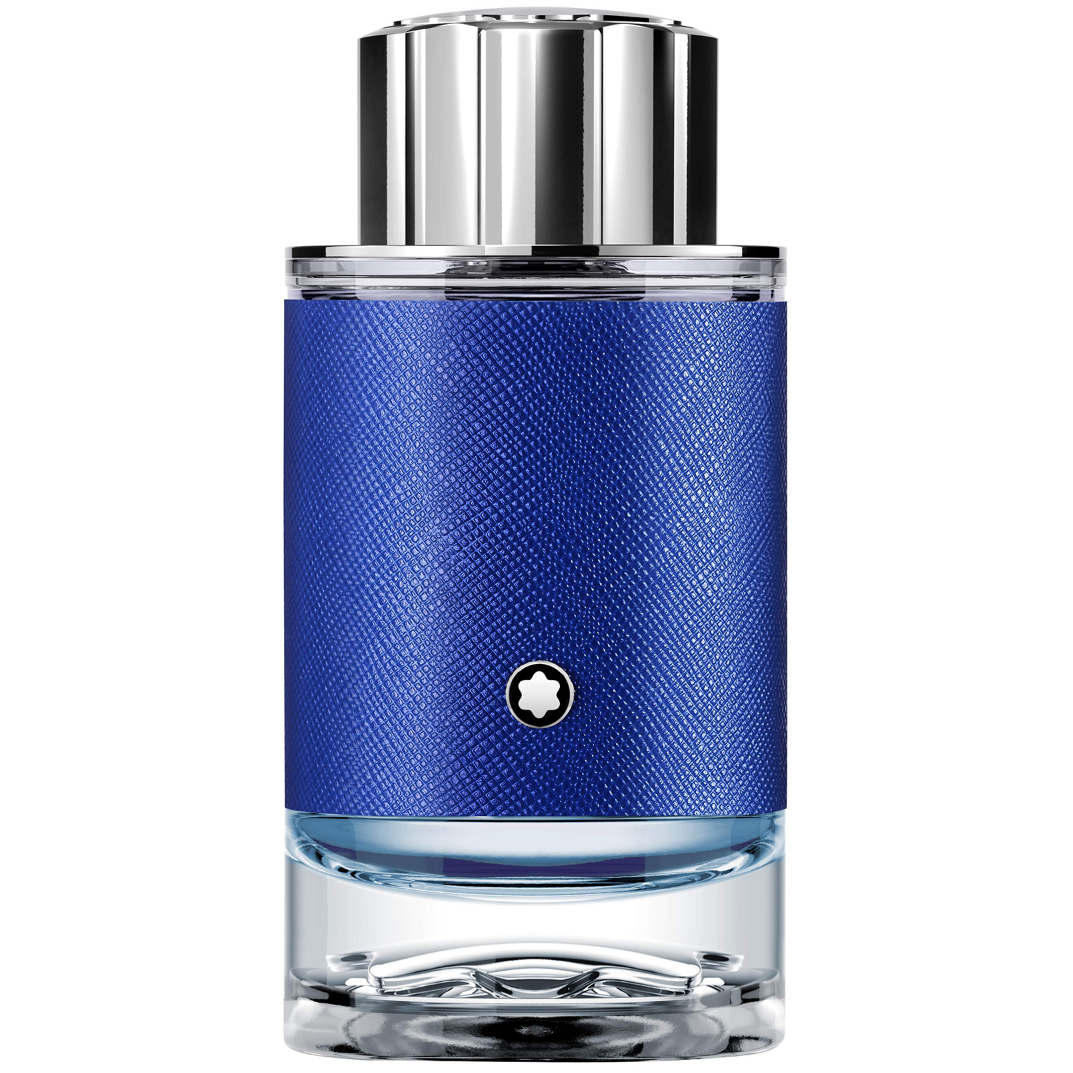
Best for: Summer
Type: Eau de Parfum
Scent family: Citrus Aromatic
+ Stong, long lasting
+ Marine vibes
- Blue isn't for all
Montblanc claims Explorer Ultra Blue is an invitation to embrace the explorer’s adventurous spirit and embark on an epic olfactory journey. The Eau de Parfum's top notes awaken the senses with a zesty fusion of Italian bergamot, citrus and the addition of a touch of pink peppercorn. Marine accord is the beating heart of the fragrance. The fresh, aquatic notes contrast with the depth of grey amber notes. We commend the ethical sourcing that continues to be a priority at Montblanc, with the main ingredients of Explorer Ultra Blue coming from Givaudan’s Sourcing for Shared Value program.

Best for: Youth
Type: Eau de Toilette
Scent family: Citrus Aromatic
+ Cult classic
+ Unisex
- Getting on a bit
In case you didn’t get the memo, the Nineties are cool again and classic fragrances like CK One are smelling fresh. While that old pair of jeans you had (and Kate Moss) might have aged a little, this fragrance still smells young and is incredibly easy to wear for both sexes, making it a useful option to keep at hand in the bathroom. Bringing together refreshing notes of green tea, papaya, and bergamot, we found it balanced with soft accents of nutmeg, violet, cardamom, and rose. This means it’s a little bit musky and floral, and a lot citrusy and refreshing.
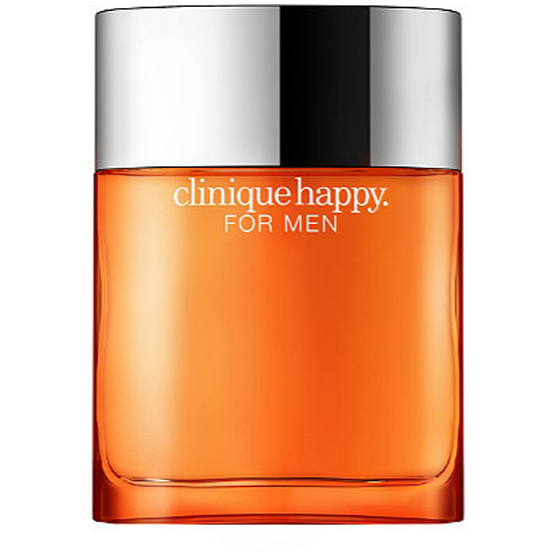
Best for: Budgets
Type: Cologne
Scent family: Citrus Aromatic
+ Bright and zingy
+ Great value
- Could last longer
Packed with joyful notes of lime, lemon, mandarin and ultra-fresh sea spray, backed up by armfuls of delicate white flowers, we love this classic Clinique fragrance and its fresh, summery scent, making way for its chirpy name. With a woody base for structure, a pleasing floral heart, and the brightest, zestiest citrus tones up top, this is highly rated as a wonderfully 'happy' fragrance that seems to be loved by men and appreciated by women.
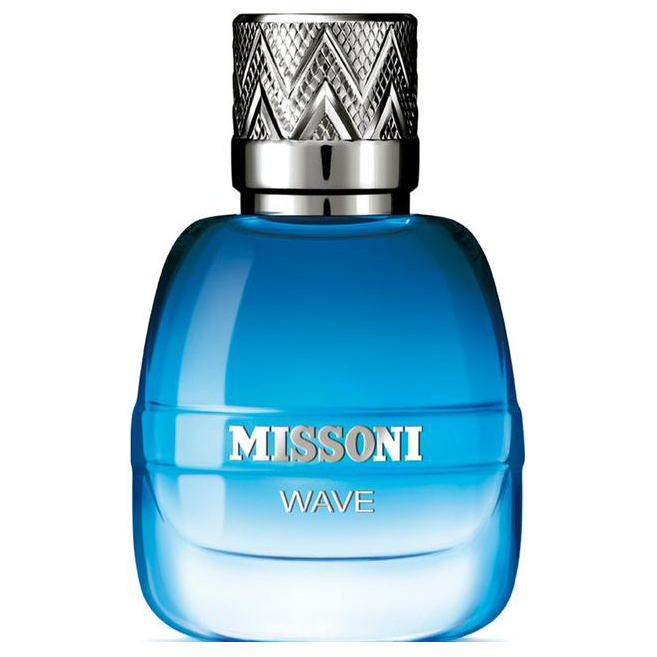
Best for: Freshness
Type: Eau de Toilette
Scent family: Citrus Aromatic
+ Affordable
+ Versatile
- Not the strongest
Missoni Wave Eau de Toilette for men is a fresh and bright fragrance that opens up your sensory experiences. It’s the type of scent that gives you the confidence to be able to handle anything the world throws at you. It’s a masculine scent made of crystal clear colours, delicate aromas and a magical quality reminiscent of a sea breeze. A great choice for someone you know who loves the scents of the Mediterranean.
Best Amber Fragrances for Men

Best for: Classic
Type: Eau de Toilette
Scent family: Amber Fougere
+ Distinctive bottle
+ Long lasting
- A little dated
A classic scent first introduced in 1995, you’ll be hard-pushed to find any faults with this magnetic Eau de Toilette. It opens with a fresh hint of mint and is followed by warming lavender, masculine cinnamon and cumin. To compliment the amazing fragrance is a striking bottle, which from our experience, will really stand out on a dressing table or bathroom counter.
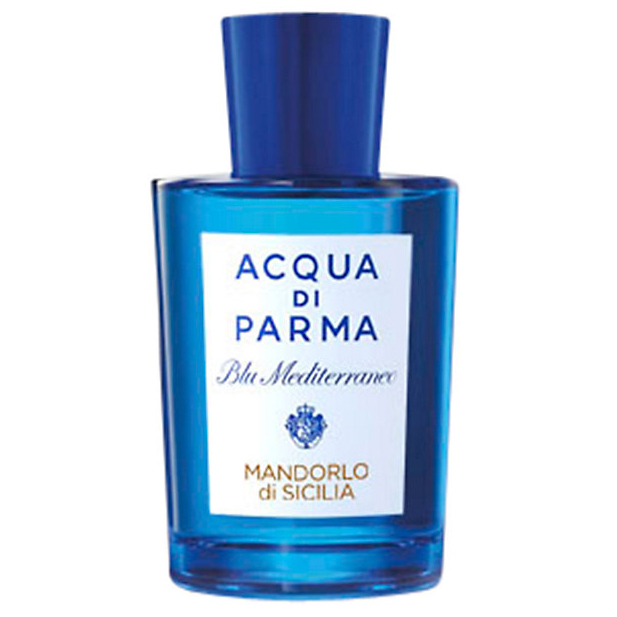
Best for: Outdoors
Type: Eau de Toilette
Scent family: Amber Floral
+ Light and fresh
+ Summery
- Too sweet for some
After originally striding onto the market in 1916 with their original Colonia, it seems that Acqua di Parma has perfected a new set of classics with their Blu Mediterraneo range. Reminiscent of a sun-drenched stroll through the almond groves of Sicily, this fresh, green, citrus-laden scent is just the thing to evoke that holiday feeling. We really commend its surprising amount of staying power for an eau de toilette, which makes it an equally as fresh, but better value alternative to Creed’s Original Vetiver. A true holiday scent.
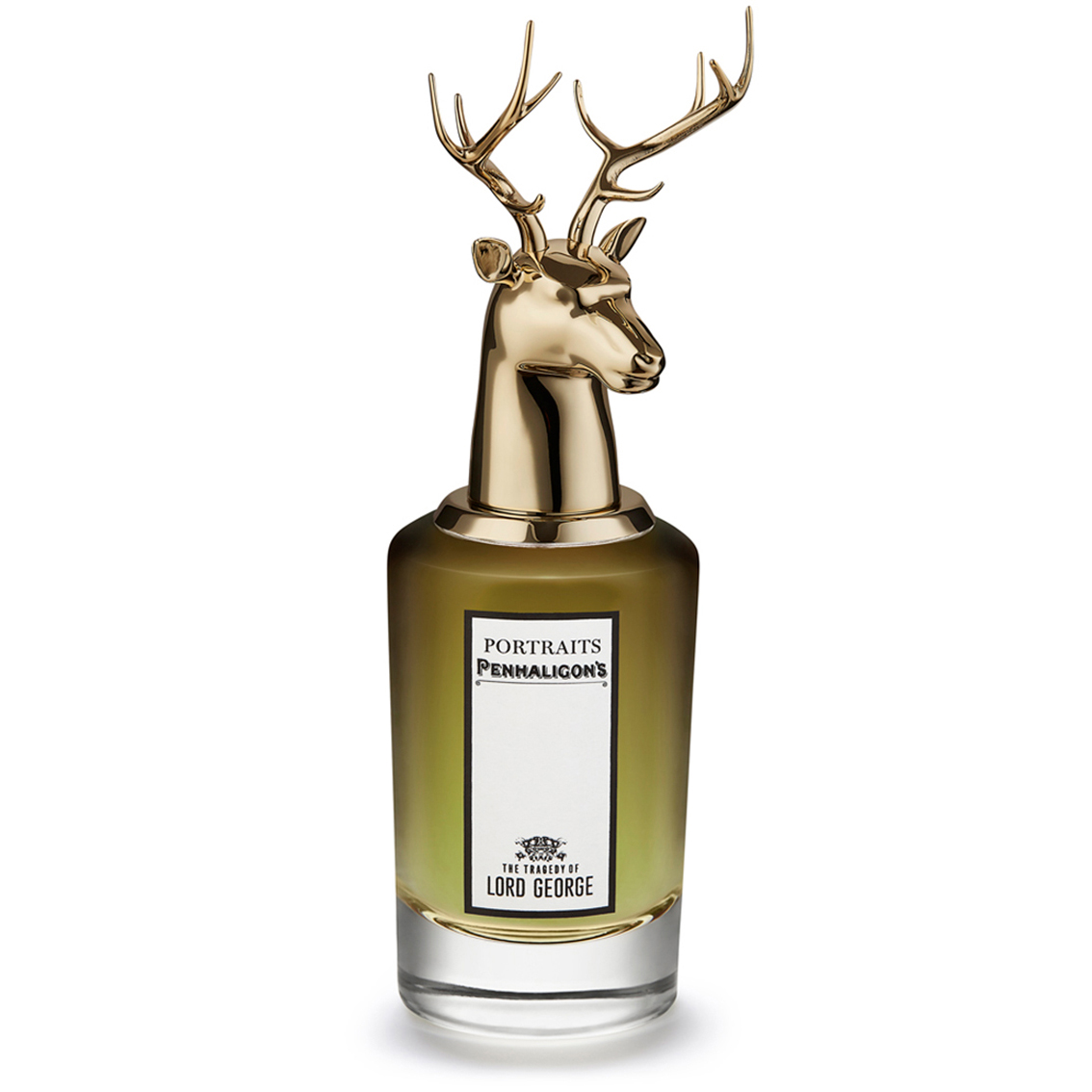
Best for: Masculine scent
Type: Parfum
Scent family: Amber
+ Fine mist applicator
+ Decadent
- The bottle isn't for everyone
The Tragedy of Lord George is one of the key stable scents in the Penhaligon’s collection. It was created as a tribute to the English spirit. This fragrance is masculine and elegant with woody notes. The key ingredients signing through are Brandy, Tonka Bean and shaving soap. It’s an incredibly powerful and rich perfume that comes in an aesthetically pleasing bottle. Although it’s on the pricier side, it’s a great investment as it will last a very long time.
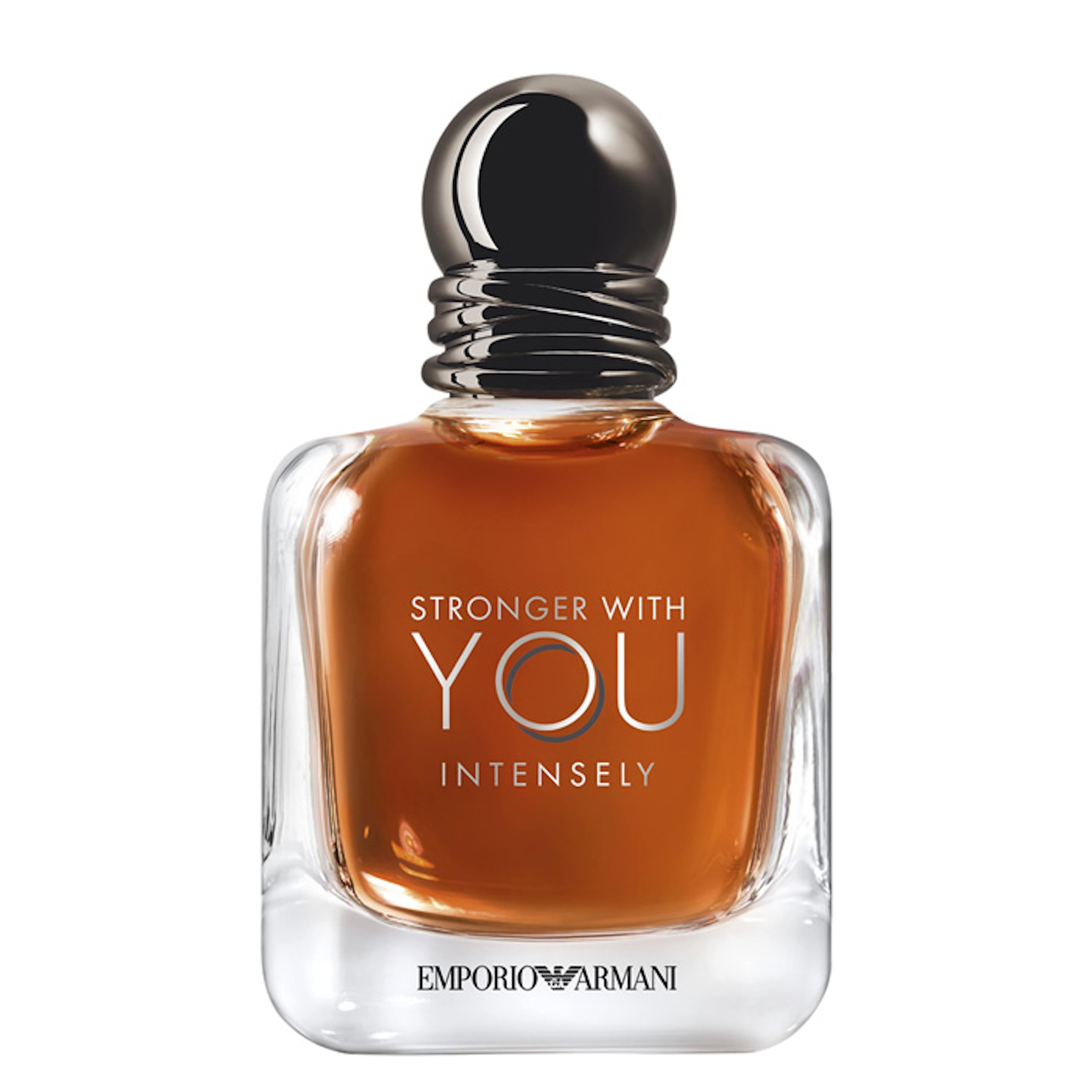
Best for: Lasting power
Type: Parfum
Scent family: Amber Fougere
+ Gets lots of compliments
+ Great sillage and longevity
- Too overpowering for some
Emporio Armani Stronger With You Intense fragrance for men is based around a warm vanilla heart and vibrant ambery woods accord, with a contrast of pink pepper notes. The aged cognac colour perfectly embodies the intense character of the new fragrance. It smells warm, and cosy, and brings about a nostalgic feel. The perfume has an incredible price point with such great lasting power. It makes the perfect present for your partner as it’s super addictive, with its signature sugar-coated chestnut accord in overdose. The warm and spicy notes of cinnamon are enough to get you hooked into staying loyal to this scent and buying more.
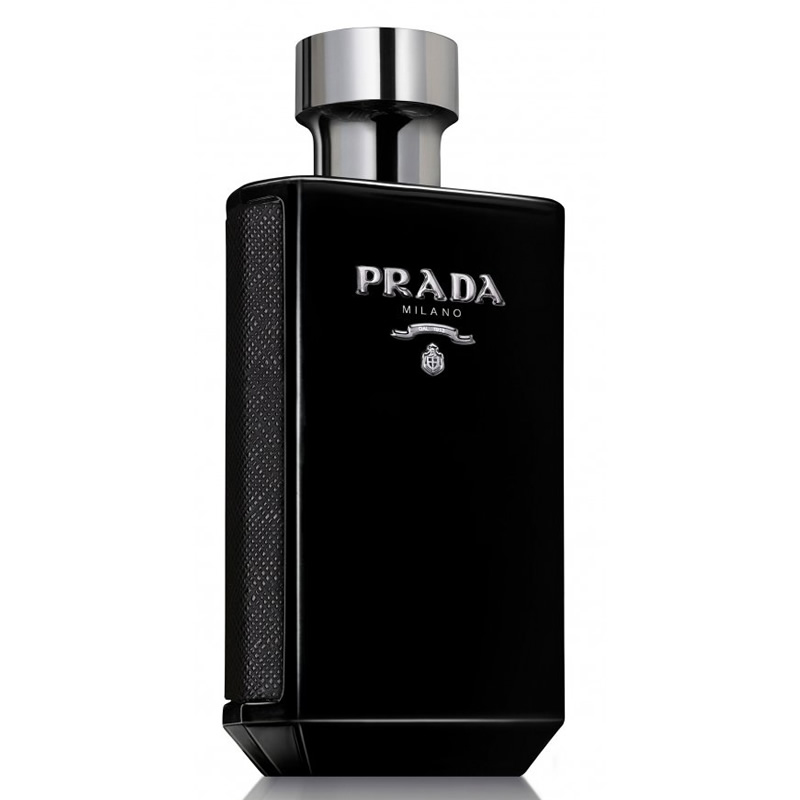
Best for: Autumn and Winter
Type: Parfum
Scent family: Amber Woody
+ Very professional
+ Great for colder months
- Intense iris note
The L’Homme Prada collection is beloved by gentlemen around the world for its sophisticated yet unapologetically masculine scents. Adding to that line-up, the Intense Eau de Perfum captivates in its marriage of traditional with classic fragrance notes, boasting hints of aromatic cardamom alongside woody patchouli and warming amber.

Best for: Tobacco fans
Type: Eau de Toilette
Scent family: Amber Vanilla
+ Quality ingredients
+ Lovely dry down
- Bad atomizer and bottle
Mugler A*Men Pure Havane is a masculine scent inspired by the world-famous Cuban cigars and the country’s capital city Havana. It’s a super light fragrance and small enough to put into your carry-on bag depending on the bottle that you get. This classic perfume makes an incredible gift for someone you know that likes aromatic notes of honeyed tobacco. If you can’t just make it to Havana, you can certainly bring Havana to you with this scent.
Best Floral Fragrances for Men
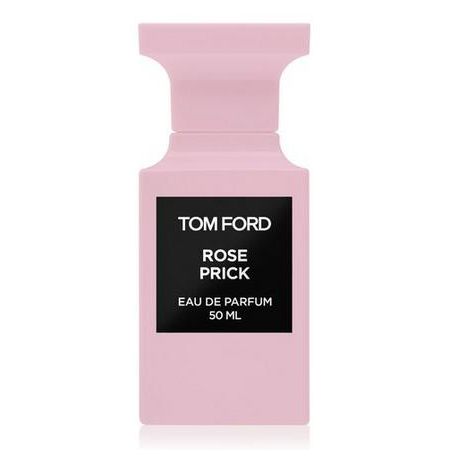
Best for: Floral fans
Type: Parfum
Scent family: Chypre Floral
+ Genderless
+ Fresh scent
- Too feminine for some
Tom Ford’s Private Blend Rose Prick portrays the beauty of the rose through its wild aspect, a symbol of grace and beauty wrapped within the sharp point of a thorn. Sichuan pepper and turmeric make for an opening rich in spice and warmth. The heart comprises a three-piece suite of roses; May rose, Bulgarian rose, and Turkish rose. Patchouli and tonka bean form a duet in the base. This scent can also be a unisex perfume and one that is great for laying. The versatility of the perfume makes it a great buy.

Best for: Unisex
Type: Eau de Toilette
Scent family: Floral
+ Unisex fragrance
+ Excellent sillage
- A bit linear
Spritz the skin with Diptyque Do Son Eau de Toilette for a sophisticated and complex aroma from a world-famous French perfumery. This fragrance fuses bold musky tones with exquisite floral notes of tuberose to compose an intricate scent that intoxicates the olfactory sense. Top notes of pink peppercorn and orange leaves combine for an aroma that dances on the skin and compliments your natural scent.
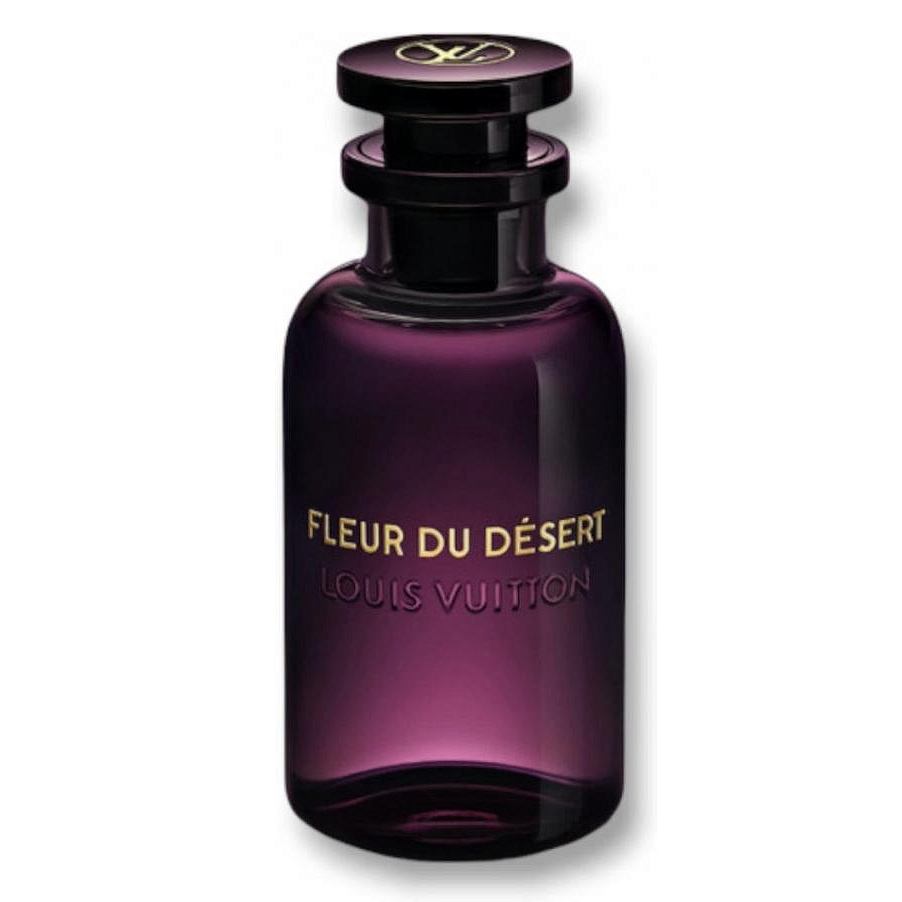
Best for: Luxury
Type: Parfum
Scent family: Floral Amber
+ Smooth
+ Long lasting
- On the expensive side
Fleur Du Désert by Louis Vuitton has such great depth. It carries memories of an oasis with lush vegetation in the middle of the Saudi Arabian desert. This scent screams sophistication and elegance and the many reviews online point to the classy nature of the perfume bottle and the distinct honeyed tones in this scent that is described as a nectar of flowers. Although this perfume is on the pricier side, it’s definitely one that is going to make someone smile.
How to choose the best fragrances for men
Not sure what you like, or aren’t sure how to put your own preferences into words?
Fragrance families can be a good starting point: scents will fall into a floral, fresh, fruity, citrus, oriental, woody or spicy category – all fairly straightforward and telling. But even the most high-end fragrances can suffer a little from poor application. Every sitcom has at least one episode where a young man heading out on his first date is chastised for wearing too much cologne, so don’t let that be you.
One spritz, on dry skin, will usually do for polite sillage (that’s how much the fragrance lingers in the air after you). Scents are best applied on the warmest parts of the body to help them project, so pick one spot out of the neck and lower jaw, chest, wrist and forearm, or inner elbow.
If you do apply to your wrists, don’t rub them together, as this can break the molecular bonds in the perfume and “kill” the note – and nobody wants that. Looking for more expert fragrance tips? Check out our guide on how to choose the right cologne or aftershave.
How we test the best fragrances for men
We've all, at one point in our lives, gone into a shop, sprayed a few different colognes on our wrists, sniffed them straight away, and then made a snap decision on which one we like the most. This may seem like a good way to test fragrances, but it's not, and you'll be happy to know that at T3 we spend a little more time finding the best men's fragrances and colognes.
We'll either spray the fragrance on blotter paper from around 15 centimetres away or test the fragrance on our own skin. This will give an accurate representation of what the scent actually smells like.
We'll take in the strong top notes that hit straight away. Of course, we'll then continue to come back to the fragrance to test how it develops over time as the heart and base notes come out. This is important as this 'dry down' is what the fragrance will be like for most of the day.
It's important to mention we don't test men's fragrances in a lab at T3 – we use them just as you would. This lets us know how they develop in the real world and means we can give accurate recommendations based on our experiences.
Men's fragrance FAQs
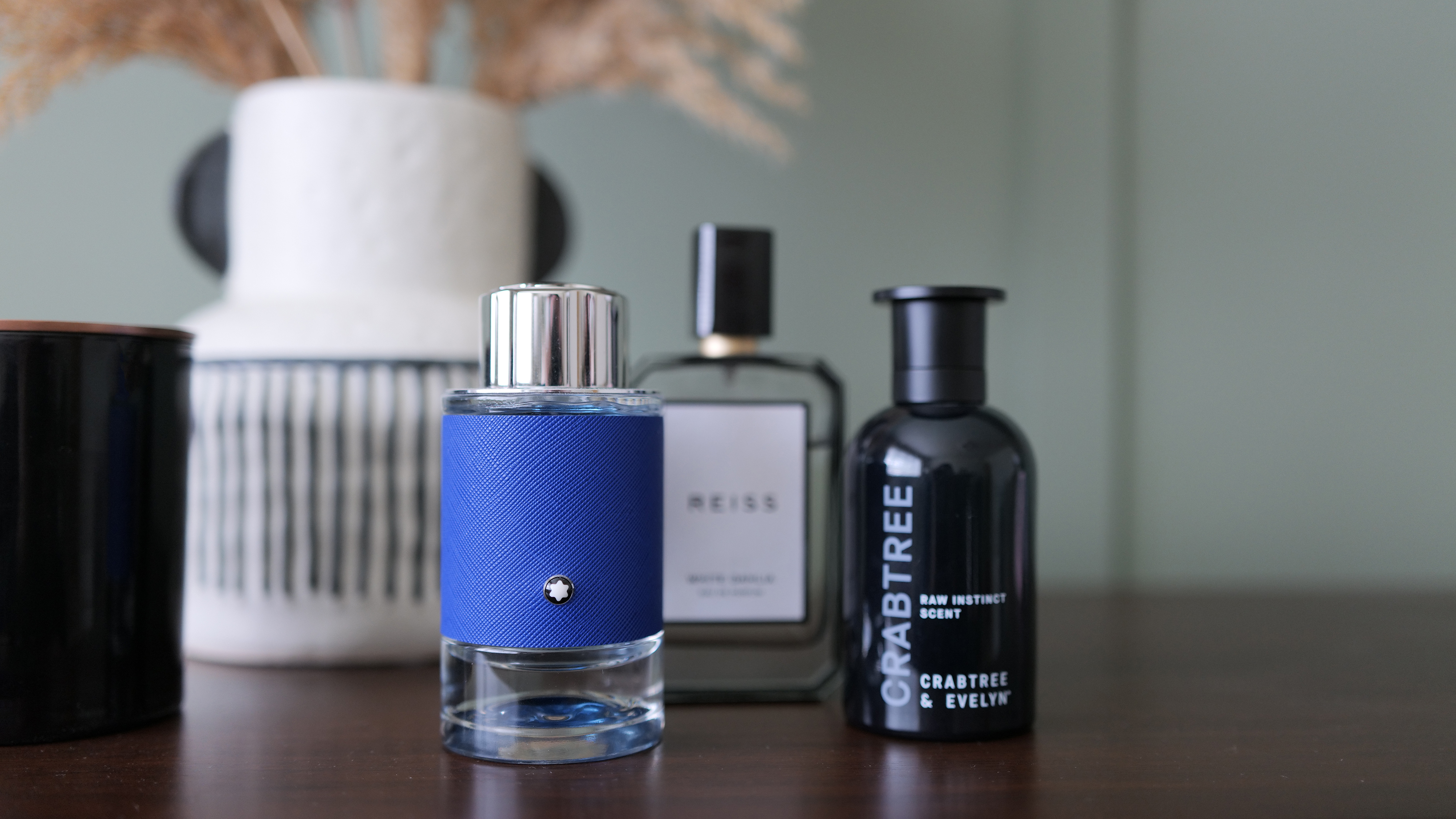
What is aftershave?
Telling the difference between aftershave, eau de toilette, and cologne is simple but it's a common misconception that the terms are interchangeable.
It's all to do with strength. An aftershave is the weakest, and is made up of around 1%-3% perfume oil. To help soothe your skin after a shave, it'll usually contain soothing and cooling ingredients, such as Aloe Vera. It should only last around two to three hours after application.
What is Eau de Toilette?
An eau de toilette (EDT) is made up of around 4%-8% of perfume oil. This is too much oil to apply to the face, so should be put on the 'pulse points' (neck, wrist, or chest). It should last around six to eight hours after application.
What is Cologne?
A cologne contains between 2%-5% oil, and is a happy medium between aftershave and EDT.
What is Perfume?
If you're looking for something really powerful, a parfum or perfume contains around 15%-30% oil. That means you only need a tiny amount on the pulse points to last for a long time. It's quite rare and expensive.
Get all the latest news, reviews, deals and buying guides on gorgeous tech, home and active products from the T3 experts

Beth is Home Editor for T3, looking after style, living and wellness. From the comfiest mattresses to strange things you can cook in an air fryer, Beth covers sleep, smart home, coffee machines, watches, grooming tools, fragrances, gardening and more.
In her spare time, Beth enjoys running, reading, baking and attempting craft projects that will probably end in disaster!
- Spencer HartStyle and Travel Editor